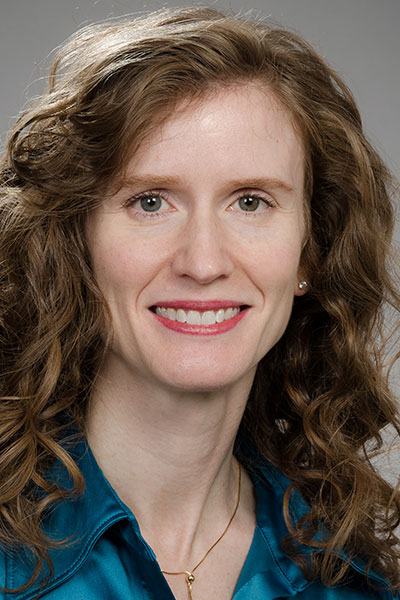
Annual meeting attendees will have an expanded opportunity to engage with postgraduate (PG) courses at CHEST 2022. The PG courses will once again be offered the day before general sessions begin, on Saturday, October 15.
“Almost all the courses are half-day sessions this year with only a few for the full day,” said Education Committee Chair Amy E. Morris, MD, FCCP, associate professor of pulmonary, critical care, and sleep medicine at the University of Washington. “We have had a lot of feedback over the years that the full-day approach was fantastic, a seriously deep dive into a subject, but attendees really missed a different session that they wanted to do. Now you can attend two PGs.”
The PG offerings generally fall into three categories, she explained. One is an all-day pulmonary medicine literature review and update, scheduled for 7:30 AM – 5:00 PM CT. There is also a full-day course in advanced bronchoscopy for peripheral lung nodules.
“It’s tough to do a broad review of all the pulmonary literature in a half day,” Dr. Morris said. “We kept that one and one intensive procedure course with the familiar full-day format because there is so much detail to cover. Everything else is a half-day to give our learners more flexibility and more opportunities.”
Many of the half-day courses are devoted to narrower topics in sleep, critical care, and pulmonary medicine, including severe asthma, evidence-based best practices in pleural diseases, noninvasive ventilation in chronic respiratory failure syndromes, a lung cancer update, and pulmonary hypertension.
“You’re doing a deep dive for a few hours, which is the goal for all of our PG courses,” Dr. Morris said, “but you’re not restricted to a single topic this year.”
A third group are interactive, hands-on experiences, primarily with patient-support technologies. Courses include extracorporeal membrane oxygenation (ECMO), thoracic ultrasonography for the pulmonary and critical care specialist, and cardiac mechanical support devices. Some are designed for groups as small as four or five learners to each faculty person.
“I’m most excited about these hands-on courses because we are trying to expand the educational experience beyond the traditional ‘sage on the stage’ approach to learning,” Dr. Morris said. “It’s hard to get away from that style when you have 100 people in the audience, so we’re encouraging people to put hands on machines, trying different didactic techniques, whatever it takes to get them up and out of their seats.”
The emphasis on smaller groups and smaller learner-faculty ratios may also mean more enrollment restrictions. Dr. Morris urged attendees to register as early as possible to avoid missing out on popular sessions.
“In these days when we are all trying to cram as much as possible into every minute, watching videos on double speed, there is something very special about taking time, dedicating yourself to learning and career development in a very intentional way,” Dr. Morris said. “That’s the real advantage of taking an extra day in Nashville for PG courses. Taking a deep educational dive is a luxury we don’t often get to do in today’s fast-paced world.”
Join us at CHEST 2024
Connect in person with influential clinicians from around the world—and attend top-tier educational sessions focusing on the most relevant clinical topics. CHEST 2024 will have it all, including optional add-on sessions to customize your learning. Reserve your spot today, and save $100 when you register by September 22.





